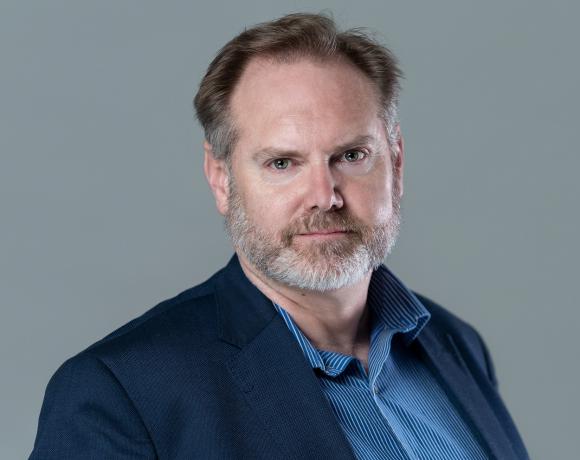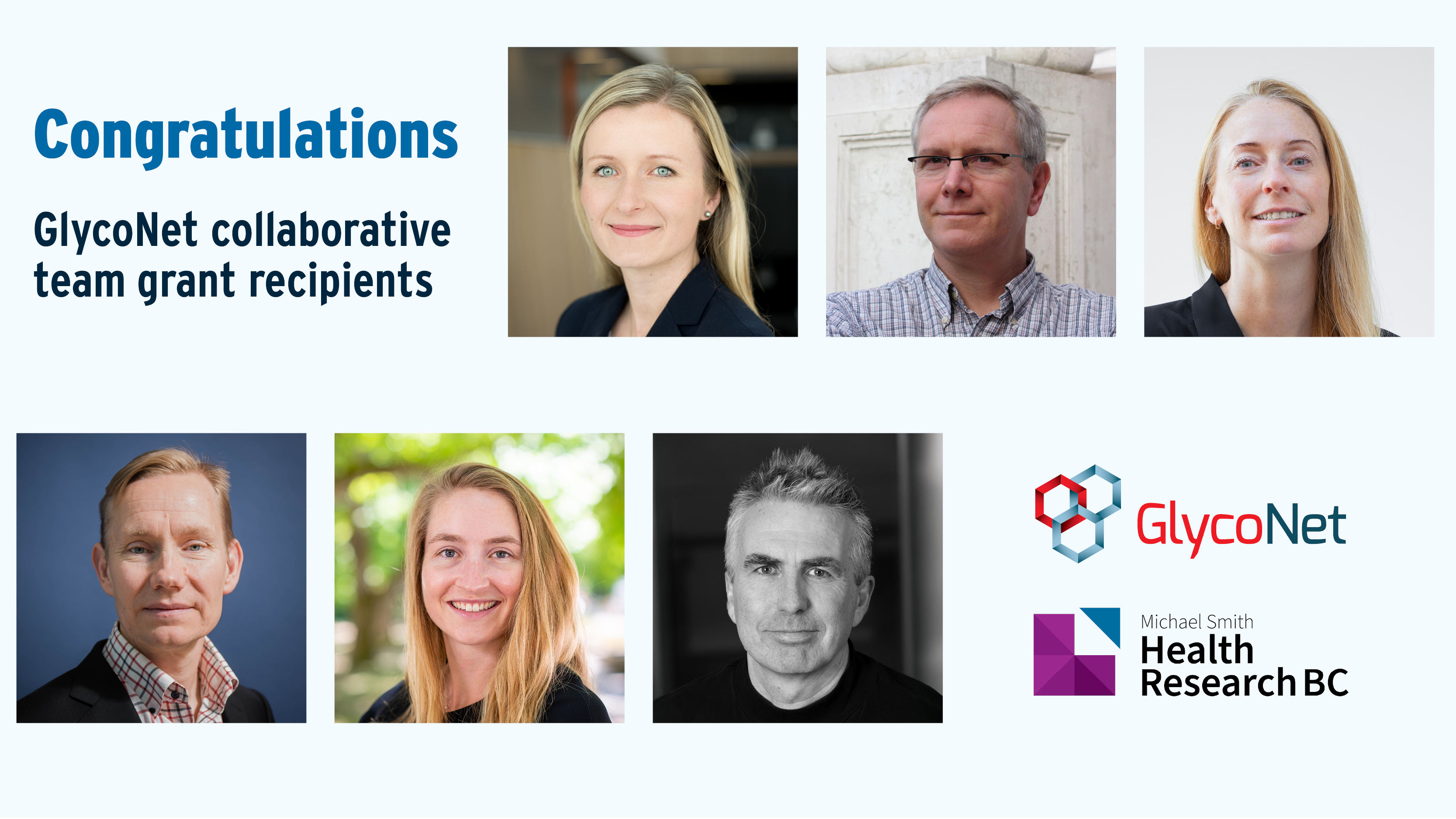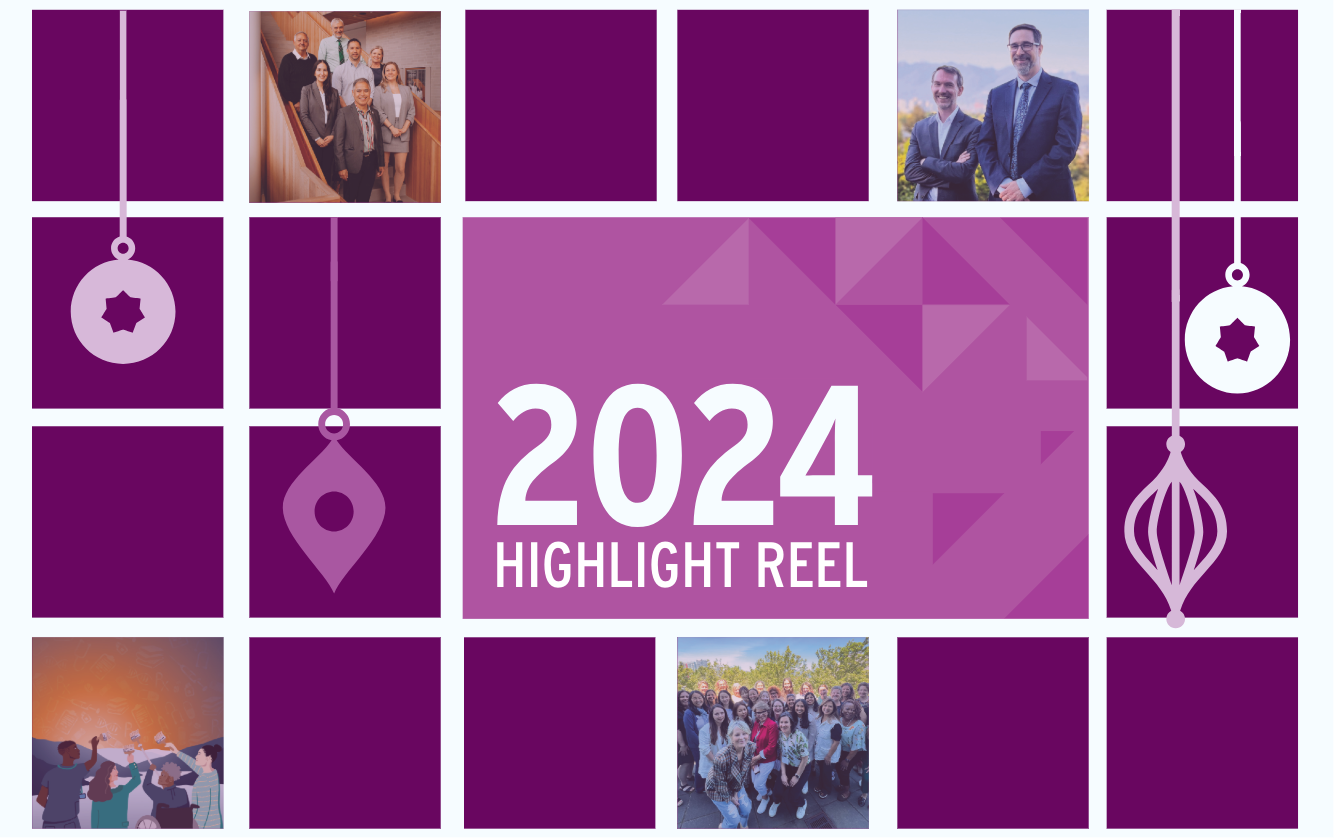Dr. Steven Jones: Leading-edge analysis of tumour genetics for targeted treatment
20 November 2019

Imagine a future where if you were diagnosed with cancer, one of the first steps in your treatment would be sequencing your tumour’s DNA.
This future is something that leading cancer informatics scientist and former Michael Smith Foundation for Health Research (MSFHR)-funded researcher, Dr. Steven Jones believes could be possible within the next decade.
“Conceivably within the next five years, any person whose treatment would benefit will have the genome of their tumour sequenced,” said Dr. Jones, head of Bioinformatics and co-director at Canada’s Michael Smith Genome Sciences Centre. “Maybe not everyone, but when clinicians are out of options and do not know what the path would be, those people might routinely have a genomics analysis to aid in clinical decision making.”
The DNA sequence would then be used to pinpoint the cause of the tumour and identify targeted therapeutics.
Dr. Jones has been working towards this future since he helped start the Genome Sciences Centre in 1999 under the leadership of Dr. Michael Smith and Dr. Victor Ling. The concept of precision medicine – or personalized treatment for an individual’s unique cancer – was one of the reasons Dr. Smith and Dr. Ling chose to locate the new genome centre within BC Cancer.
Twenty years later, technology and infrastructure have advanced significantly. Whereas in the beginning, the Human Genome Project was a major focus for the centre, now sequencing a human genome is routine.
A significant breakthrough in sequencing technology occurred in 2008 with Next-Generation Sequencing and its application to cancer genomes, allowing scientists worldwide to get a much more precise look inside the genome of a tumour cell.
“Before that, we were trying to work out experiments to infer what we should be seeing and where we should be seeing it,” said Dr. Jones. “The new technology that came around suddenly allowed us to characterize the genetics of tumours in a much more direct way and also allowed us to sequence a tumour in a few weeks. It was a paradigm shift. It moved cancer genomics onto a completely different level.”
Today Dr. Jones is one of the most cited researchers in his field. He is an author on over 450 peer-reviewed publications, has been a principal investigator and co-applicant on grants worth a total of more than $96 million and has participated in local, national and international projects totalling more than $536 million.
In addition to his work at the Genome Sciences Centre, Dr. Jones is the BC Cancer Canada Research Chair in Computational Genomics and a University of British Columbia professor in Medical Genetics. Among his many honours, he is a Fellow of the Royal Society of Canada and the Canadian Academy of Health Sciences.
He credits the MSFHR for helping fund key experiments in his early days at the Genome Sciences Centre.
“Being a MSFHR Scholar certainly helped me when I was newer researcher,” said Dr. Jones. “It helped me in terms of the resources that were coming into the Genome Sciences Centre, allowing me to focus on some very important experiments in the early days.”
Dr. Jones was a MSFHR Scholar in 2003 and a Senior Scholar in 2008. He was also involved with MSFHR’s Cancer Control Research Unit and has supervised seven MSFHR trainees.
This massive infrastructure is being applied to his current focus: an ongoing project called Personalized Onco-Genomics with BC Cancer. Through the trial, his team is analyzing the DNA sequences from patient tumours at BC Cancer in real time. The results are used to make direct improvements to patient clinical care by helping to tailor treatment.
These significant advances in cancer genomics continue to make it likely that one day cancer patients will routinely have their tumours sequenced – and this possibility is a source of inspiration for Dr. Jones.
“It is exciting that we can see the progress and real insights made,” said Dr. Jones. “We can see observations or discoveries we have made actually being turned into clinical processes and clinical activities fairly quickly. It is very exciting.”
Read more about MSFHR’s GSC support.





